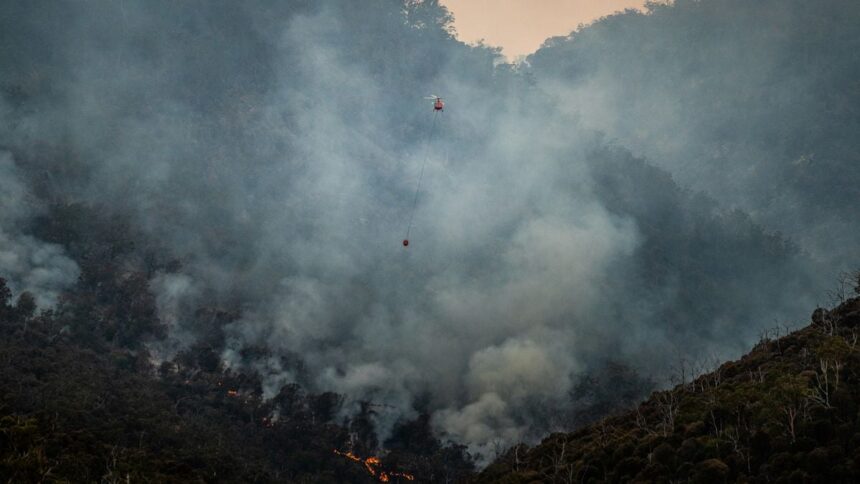Google has announced a new initiative to tackle global wildfires by launching satellites equipped with artificial intelligence. This effort is part of a collaboration between Google and several organizations, including the Moore Foundation and the Environmental Defense Fund.
The AI-powered satellites aim to enhance wildfire detection and monitoring, providing real-time data to help prevent and manage these disasters. The first satellite is scheduled to launch early next year, marking a significant step in using technology to address the growing threat of wildfires worldwide.
Google in firefighting
The FireSat network, consisting of 52 satellites, will be capable of detecting fires as small as 5 meters in diameter anywhere on Earth. These satellites will provide updated images every 20 minutes, delivering real-time data to firefighting agencies globally.
This new technology is set to enhance current systems, which offer high-resolution images but infrequent updates or quick updates with lower resolution.
In addition to the satellites, Google is integrating its AI technology to detect and monitor wildfires. The data analysis will be free of charge to firefighting agencies, helping them respond more swiftly and effectively to incidents. This approach will also assist in directing limited resources to critical areas and improving evacuation planning.
Chris Van Arsdale, research leader for climate and energy at Google Research, highlighted fire detection challenges in satellite imagery, where elements like reflections and smoke can easily be mistaken for fires. He remarked, “Fire detection has become a game of finding needles in a haystack. Solving this will allow first responders to act quickly and accurately when a fire is detected,” as reported by MIT Technology Review.
Expected release
The first FireSat satellite is set to launch aboard a SpaceX rocket early next year, where it will test the system’s functionality and assess the quality of the data generated.
The partner organizations plan to launch three fully operational satellites by 2026, with further deployments anticipated in the following years. The complete constellation of satellites is expected to be operational by the end of the decade, enhancing global capabilities for wildfire detection and monitoring.











